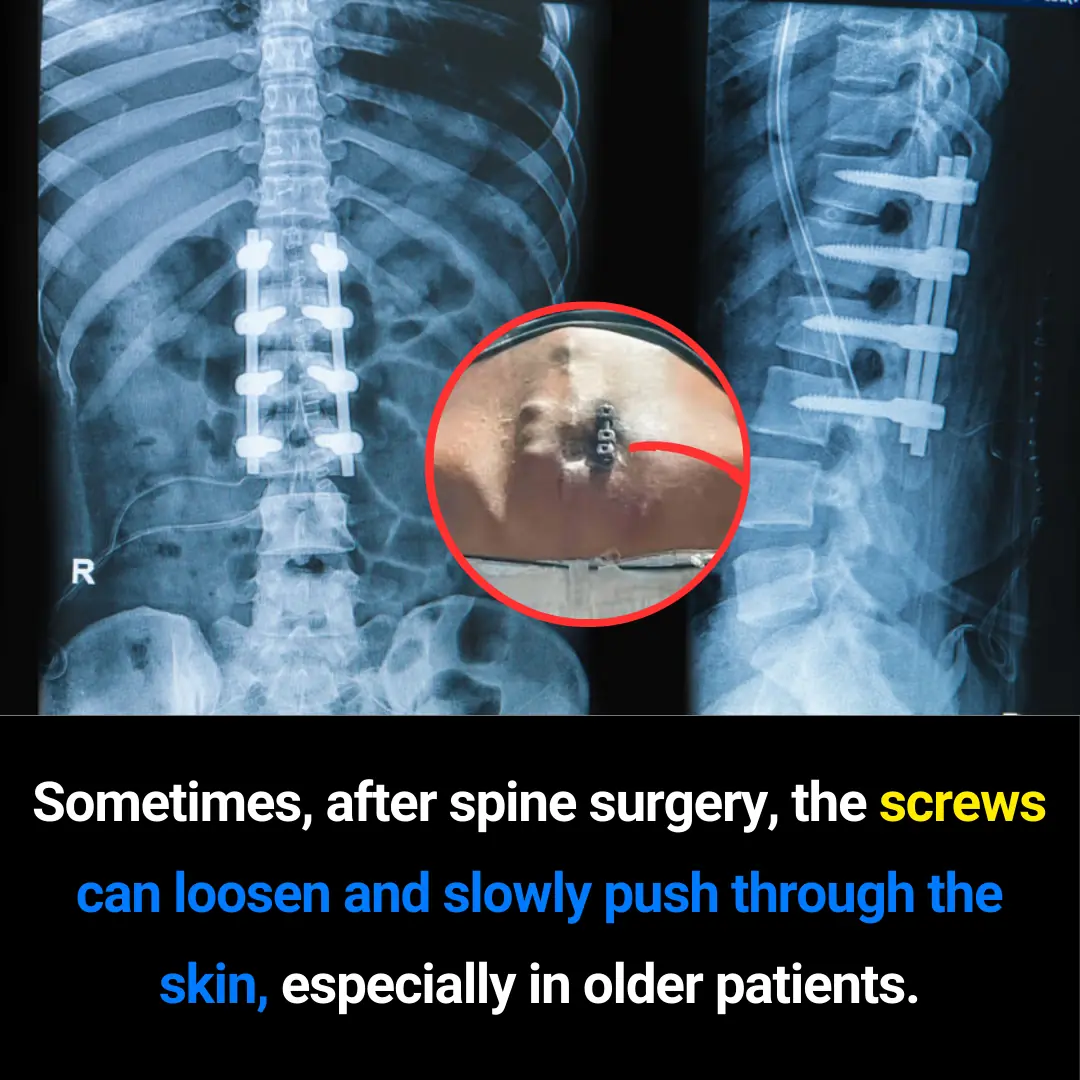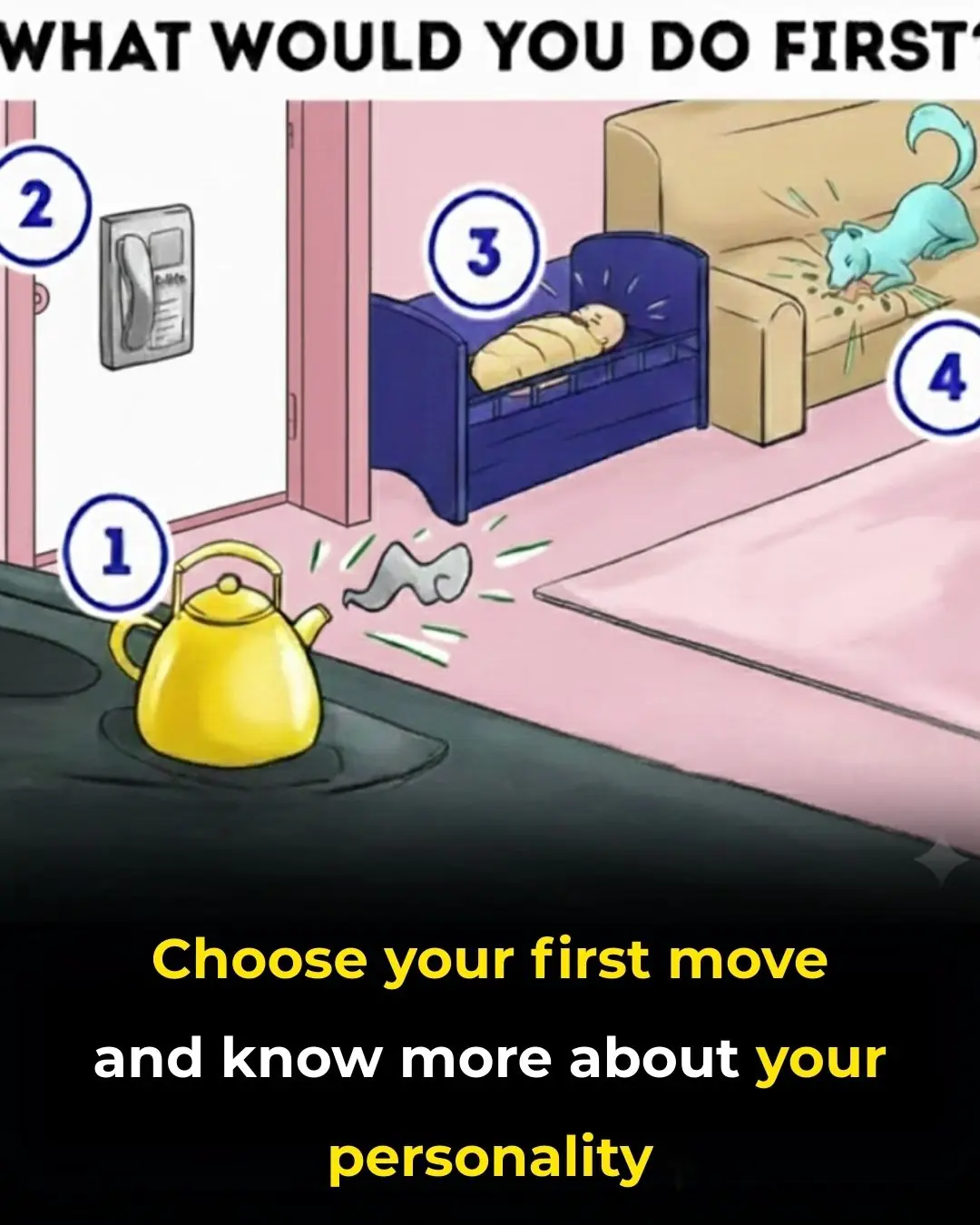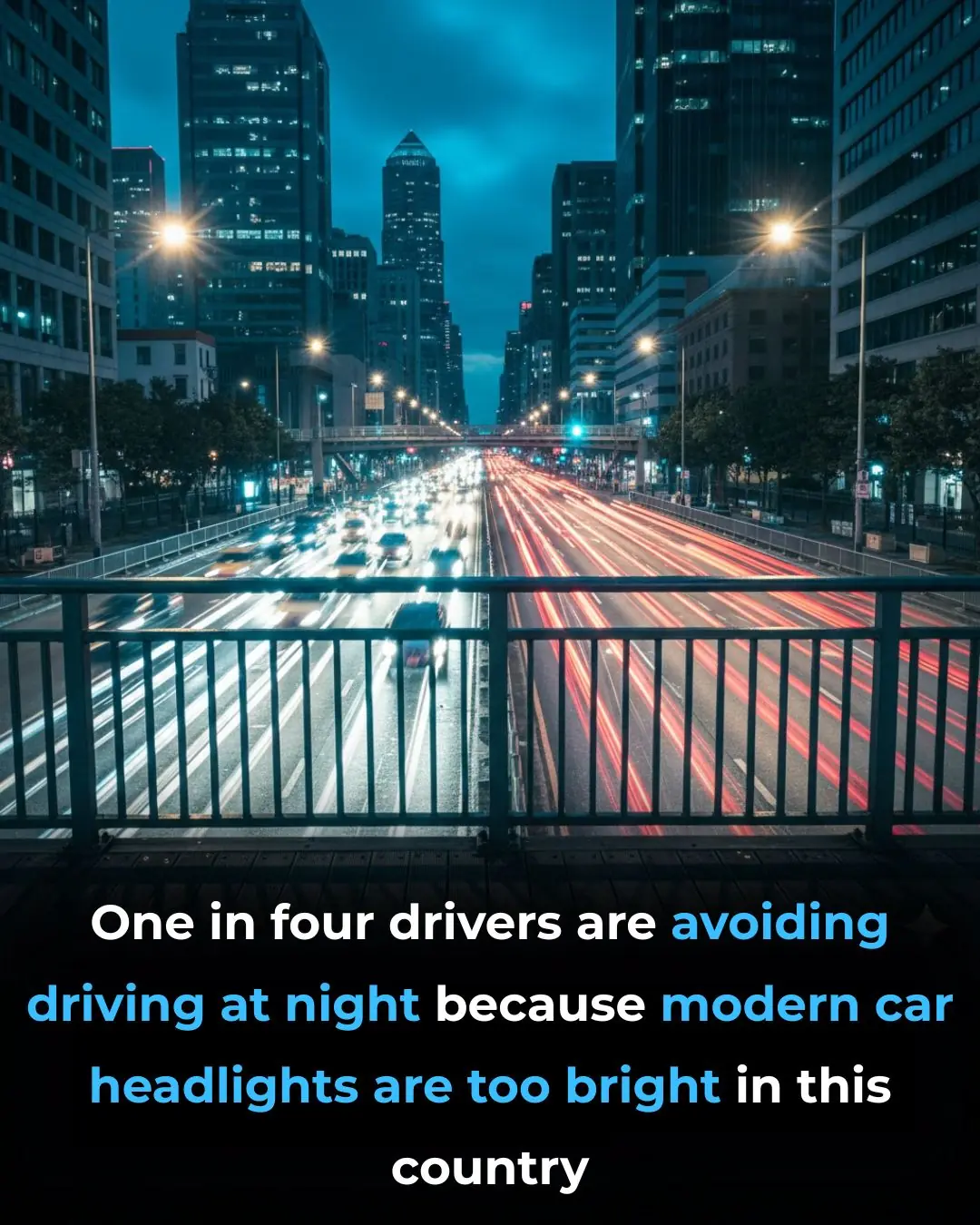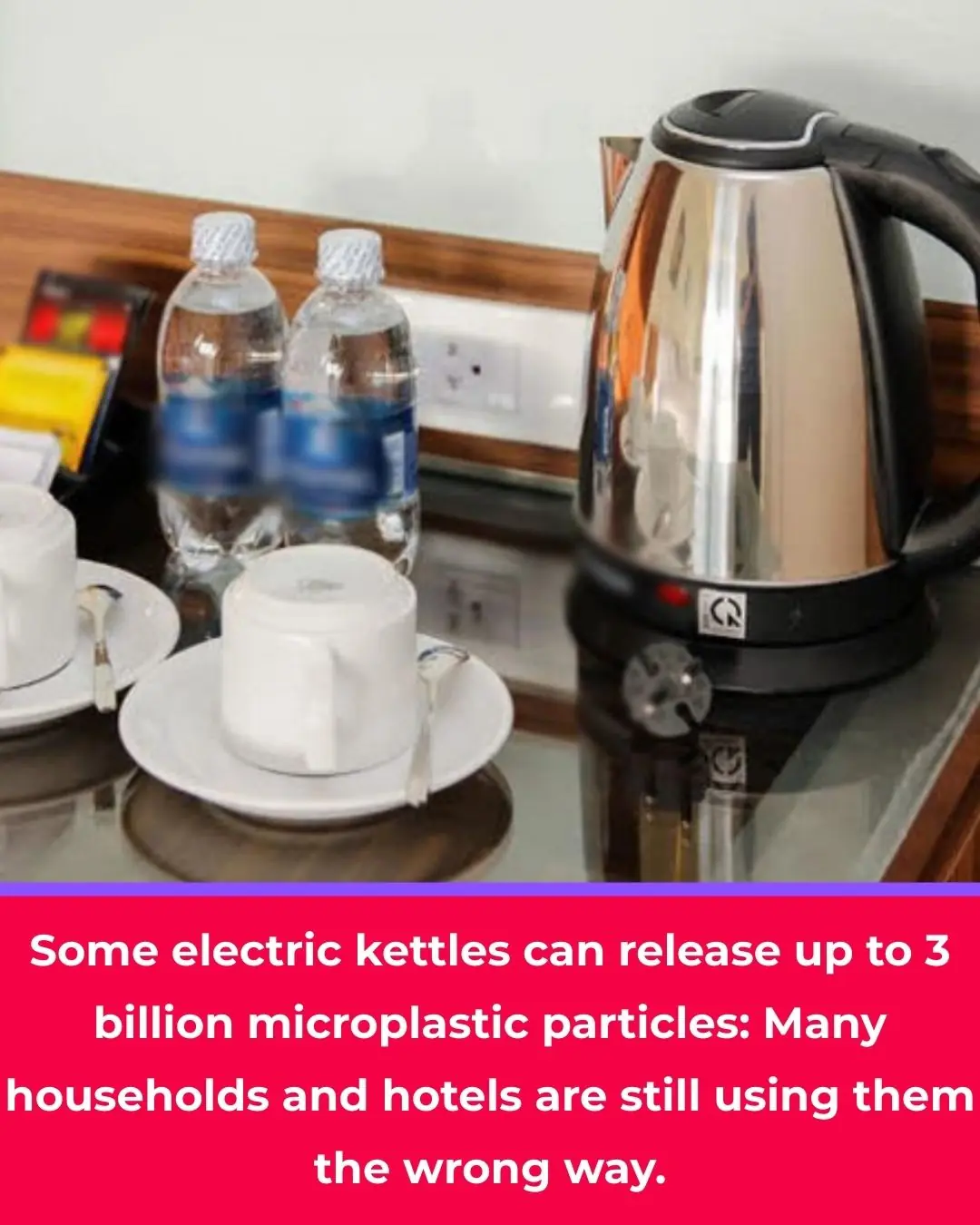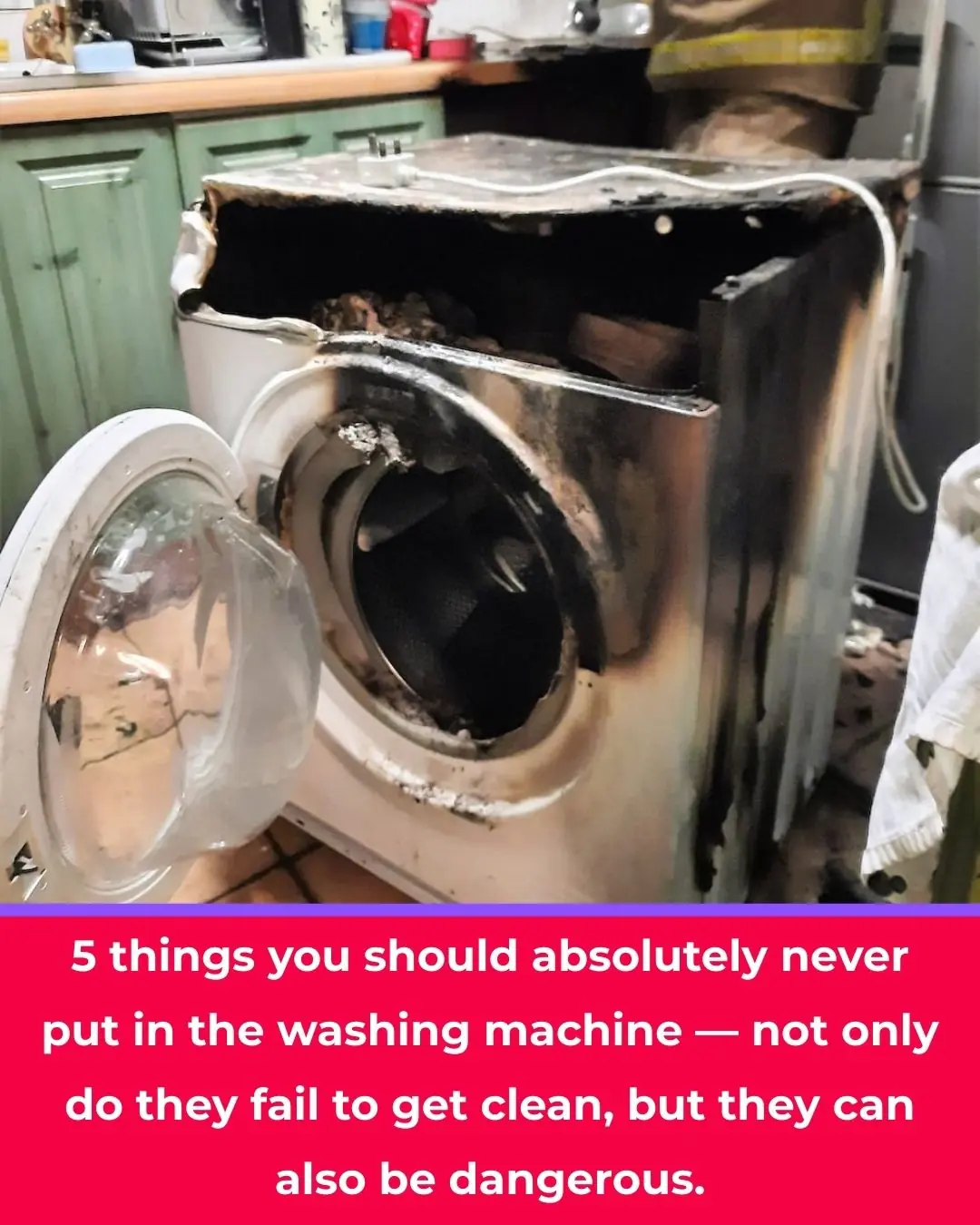What the Inside of Your Car Might Say About You
A dusty dashboard. Crumpled receipts. An old parking ticket sliding under the seat. We don’t always think much about the inside of our cars — they’re just places we pass through. But if you take a closer look, your car might be telling a story… your story.
Psychologists have long believed that our personal spaces — bedrooms, desks, even glove compartments — offer a glimpse into our inner world. And your car? It’s no exception.
But before you judge that empty coffee cup or pile of gym clothes, consider this: mess doesn’t always mean mayhem. In fact, the state of your car might reveal more about your priorities, personality, and even your state of mind than you realize.
Why We Associate Cleanliness with Character
For centuries, neatness has been linked to self-control, discipline, and even morality. Psychologists refer to this as the “neatness heuristic” — our brain’s shortcut that tells us a tidy space = a tidy person.
It’s the same bias that makes us assume someone in a sharp suit is competent or that a clean home is a happy one. It’s a mental shortcut — and like most shortcuts, it can sometimes miss the bigger picture.
Unlike a kitchen or bedroom, though, a car is a hybrid space — somewhere between public and private. It’s practical, yet personal. You commute in it, decompress in it, snack in it, and sometimes even cry in it. That’s what makes it such an intriguing lens into how people manage both their environments and their emotions.
What a Messy or Clean Car Might (Really) Mean
Let’s bust some myths.
A Cluttered Car ≠ Carelessness
Scattered receipts, baby toys, and hoodies in the back seat might suggest life in motion rather than disorder. You could be juggling work, family, errands, or a packed schedule — and cleaning the car simply isn’t at the top of the list. That’s not laziness; that’s prioritization.
A Spotless Car ≠ Perfectionism
Some people keep their cars pristine not because they’re obsessive, but because order brings peace. For others, it’s about self-respect, control, or even anxiety relief — a small way to create predictability in a chaotic world.
Organized Chaos? That’s a Thing Too
Many of us fall somewhere in the middle. The car’s messy, but it’s a functional mess. You know where everything is, even if it’s not where it “should” be. Psychologists call this organized chaos, and it’s often linked to creativity, flexibility, and non-linear thinking.
What Psychology Actually Says
Researcher Sam Gosling at the University of Texas studied how personal spaces reflect personality — and found that small cues (like tidiness, décor, or layout) can offer moderate insight into traits like openness or conscientiousness.
Meanwhile, consumer researcher Russell Belk argued that cars act as extensions of the self. For some people, a car isn’t just transportation — it’s identity, independence, even status. The more emotionally attached you are to your vehicle, the more likely you are to customize it or take meticulous care of it.
But here’s the twist: the condition of your car doesn’t necessarily show whether you’re clean or sloppy — it shows what you value.
A cluttered car might reflect freedom, efficiency, or a focus on experiences over appearances.
A clean car might reflect a desire for order, comfort, or self-expression.
3 Common Misjudgments People Make
- “It’s spotless, so they must be a control freak.”
Not necessarily. Some people just like a calm environment. Others clean as a form of self-care. - “It’s messy, so they must be disorganized.”
Not always. That sweater in the backseat or empty water bottle might mean someone’s simply choosing function over form. - “They must not care.”
Context matters. Parents, students, traveling salespeople — their priorities are often stretched across time, money, and energy. A worn or cluttered car might say more about their season of life than their personality.
Final Thoughts: Your Car Tells a Story — But It’s Not the Whole Story
Cars are more than machines. They’re tiny, rolling reflections of the people who use them. Sure, they can be messy. Or spotless. Or something in between. But the key is this: don’t mistake surface-level details for deep truths.
A cluttered seat doesn’t equal a cluttered mind. And a shiny dashboard doesn’t always mean someone has it all together.
So next time you glance at someone’s car — or your own — take a moment before you judge. Maybe it’s not disorganized. Maybe it’s just real life, riding shotgun.















